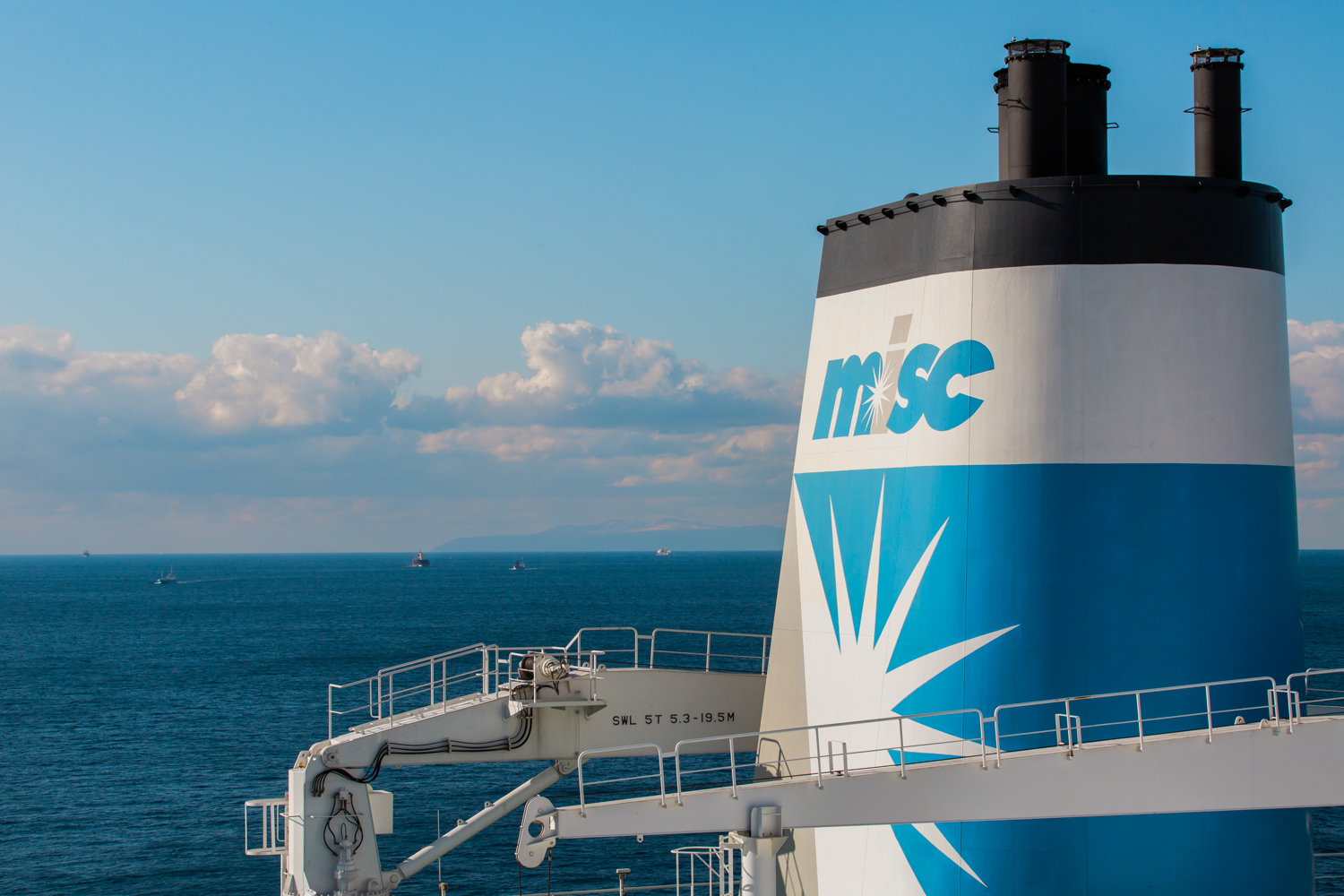Malaysia’s LNG shipper MISC, a unit of Petronas, said its LNG business logged a rise in both revenue and operating profit in the April-June period.
The shipping firm said its gas assets and solution business, which includes a fleet of LNG and ethane carriers, posted a revenue of 771.8 million ringgit ($166.1 million) in the second quarter, a rise of 1.2 percent compared to the same period last year.
MISC said revenue rose mainly due to translational impact from weakening of the ringgit against the US dollar in the current quarter.
Operationally, the segment’s revenue in the current quarter was comparable to the corresponding quarter’s revenue, it said.
Revenue rose compared to 755.9 million ringgit in the prior quarter.
Moreover, MISC’s gas assets and solution business reported an operating profit of 418.6 million ringgit ($90.1 million) in the second quarter.
Operating profit rose by 26.8 percent compared to the same period last year mainly from lower vessel operating costs and higher margin in the current quarter, MISC said.
It also rose from 384.8 million ringgit in the first quarter.
MISC is one of the largest operators of LNG carriers and most of them are on long-term charters. It operates a fleet of 30 LNG carriers and two floating storage units.
Higher freight rates in petroleum and product shipping boost overall results
Looking at the overall quarterly results, MISC’s operating profit of 531.3 million ringgit ($114.3 million) in the second quarter rose by 15.3 percent from 460.9 million ringgit a year ago.
MISC attributed this rise mainly due to higher margin on freight rates in its petroleum and product shipping segment coupled with higher profit in the offshore business segment.
Group revenue of 3.54 billion ringgit rose by 10.5 percent, contributed by improved freight rates in the petroleum and product shipping segment.
MISC expects LNG earnings to remain “solid”
In the LNG shipping market for the second quarter, spot rates bottomed-out in May with slight recovery in June on the back of improved chartering activity, mainly in the Atlantic basin partly due to the production setbacks in US and other producing locations, according to MISC.
In the near term, prospects remain “positive” due to the rebounding of LNG demand prompted by lower prices, restocking for winter requirements, and depletion of inventories in the summer given frequent heat waves, the shipping firm said.
Premised on this, MISC’s gas assets and solutions segment will “continue to pursue available growth opportunities while its operating income continues to remain solid, supported by its current portfolio of long-term charters,” it said.

